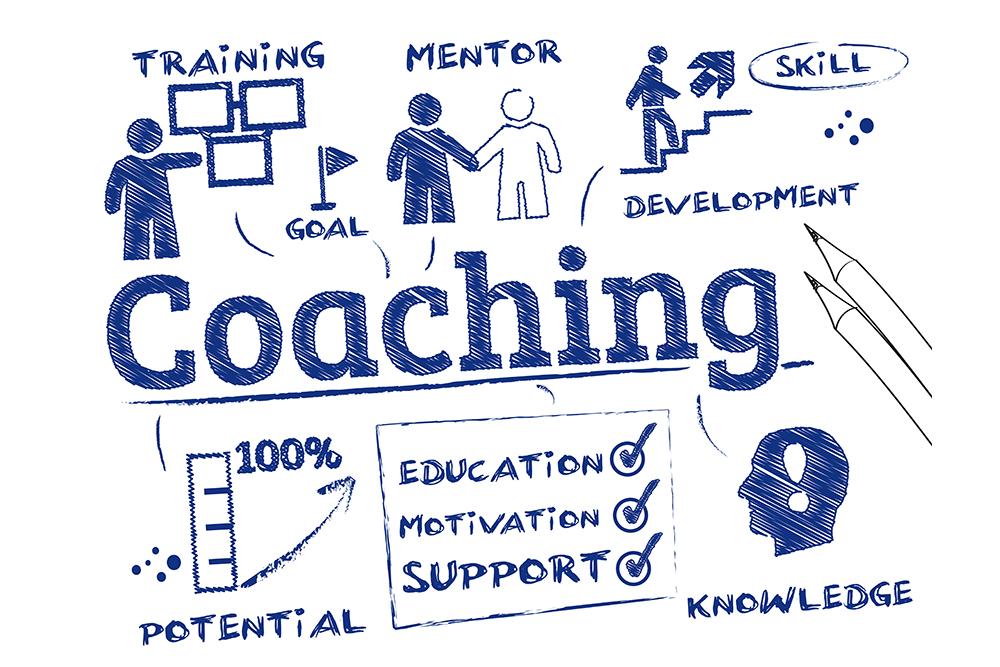Over the past 6 months, businesses have had to transform how and where people work at a pace none of us could have imagined just a year ago. As we shift from initial crisis to planning for the next normal, we have an opportunity to reshape a future that is closer to what we know workers have wanted all along: more flexible, more virtual, and more focused on helping people learn and develop their careers than ever before.
Employers in every sector are asking themselves: What do managers need to lead remotely? How can workers be more productive at home? And the best organizations are adapting the way they coach people and help them develop their skills, reimagining learning for the new hybrid workplace, which blends work and home.
The Power of Virtual Coaching
Our latest report, “The Future for Workers, By Workers,” reveals that 89% of people want more learning opportunities in the future—remote learning, skills development, and career coaching.
Now is the time to make personalized career coaching available to the many, not the few, and to embrace coaching to enable more people to benefit from the support of a highly trained coach to help them address issues as they arise.
The New Power Skills
In times of rapid transformation and uncertainty, so-called soft skills are more important than ever for workers and leaders.
With the right coach, workers can develop these skills quickly and build resilience for the long term.
Making the Case for Coaching
The impact of the health crisis will make demonstrating the return on HR investments more important than ever. We’re seeing growing demand for companies to access real-time reporting and data to evaluate success. Through HR technologies, companies can identify the themes managers are struggling with most and align development accordingly.
At a time when employee engagement, productivity, and flexibility matter most, organizations need deeper insights into people to facilitate faster decision-making, so coaching needs to be simple to access, easy to administer, and data-driven.
Learning from Sport
With teams and players unable to train together in person, sports teams are looking for new, virtual ways to continue to improve and grow. As such, Zach Ertz, tight end for the Philadelphia Eagles, started a virtual coaching platform, Team Protege, for young football players. His online platform offers mentorship for young tight ends to grow both on and off the field.
Online platforms such as these offer opportunities for athletes to connect with coaches, who can push them physically and challenge them to look at how they lead, perform, and develop as athletes. Taking coaching out of the gym means more people can access the best coaches in the business wherever they are.
Workplace coaching can cultivate and manage leaders using the same principles.
The Future of Work and the Workplace
We are already seeing how this health crisis has impacted the future of work. The world won’t go back to the way it was working pre-pandemic with the flip of a switch. With one in four job postings currently not specifying a location, we are seeing a future in which much of the workforce will continue to be remote. In fact, 43% of workers say the COVID-19 crisis marks the end of full-time work in the office.
Virtual coaching enables organizations to move closer to how people want to work and learn. Providing more personalized, on-demand, and tech-enabled development is how we will help people grow their strengths and learn how to manage and cultivate their leadership abilities in this new world.
Ian Symes, Executive Vice President at Right Management, joined the company in November 2012 as the General Manager for the United Kingdom and Ireland. He was promoted in 2015 to the role of European Operations Director, with the responsibility of overseeing all markets in Europe, as well as continuing to lead the U.K. and Ireland business.
Symes has more than 20 years of business experience in senior executive roles, including over 10 years at Electrolux and most recently with Cisco, where he led marketing for the company’s high-profile sponsorship of the London 2012 Olympics and Paralympics. He is passionate about getting young people engaged in the workplace and developing their own new business start-ups. He sits on an advisory board at Brunel University’s Business School.
Right Management recently launched RightCoach, an on-demand virtual coaching platform that enables employers to provide even more people with situational coaching targeted to the specific challenges they face, whether that’s how to lead remotely, address conflict, plan their 30 days in a new role, or even prioritize workload.
The post Employers Are Looking to On-Demand, Virtual Coaching—This Is Why appeared first on HR Daily Advisor.
